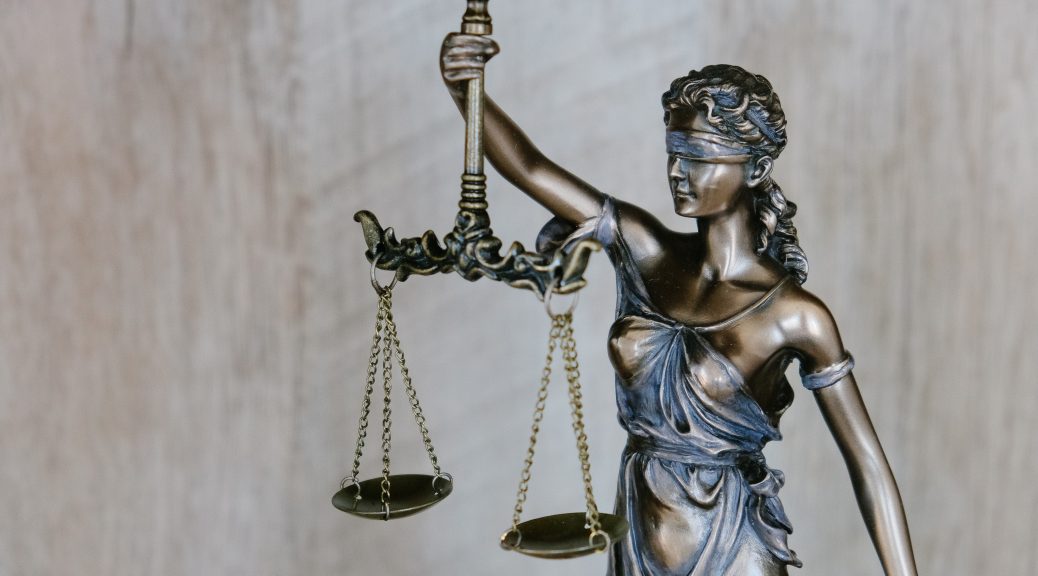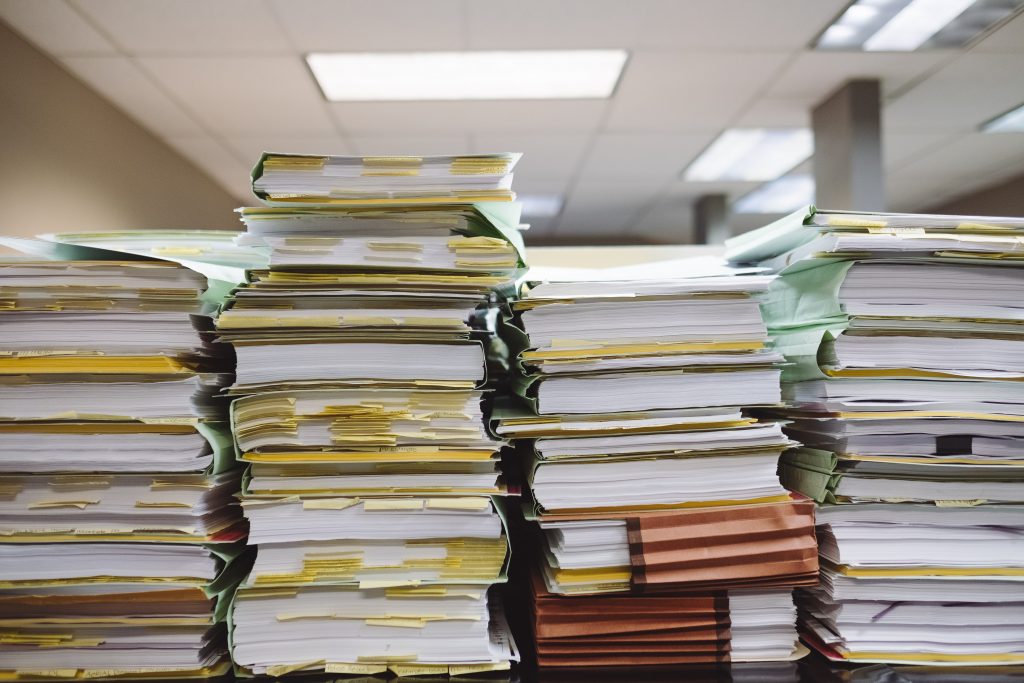
“Cartel damages proceedings run too long in Germany!”
Those who follow cartel damages proceedings in German courts are sometimes stunned: Do these proceedings really have to take so long? Does every detail really have to be questioned in such a way? Prof. Dr. Johannes Heyers says: Things are being artificially complicated here – with first instance courts and the legal profession taking a fair share of blame. A wake-up call.
The plea that antitrust damages proceedings “run too long in Germany” (as Tilman Makatsch rightly put it in LebensmittelZeitung 34/22) has been increasingly read in recent times, if not in direct petitions to the legislator – whoever that may be – but in the social media discourse, which is free of domination, even by defendants’ representatives. The length of proceedings has been sharply observed by them. Perhaps they will also wonder to what this length is due.
Most certainly, cartel damages law is complicated, and one should be wary of simplistic or even polarising statements. But one should not make cartel damages law even more complicated than it already is. There is a strong factual presumption that the complicating strategies in damages litigation were not invented by the (already overburdened) courts, nor by the plaintiffs interested in easy and quick redress. An introductory sentence used by well-known defendants’ representatives in many pleadings – in whatever cartel – in response to a rather terse but conclusive antitrust damages claim was: “It’s not that simple.”
Mastery of detail work
What followed was at first glance – as usual – a true mastery of detail work by the defendants’ representatives. On closer inspection, however, it always became apparent that the discussion was perhaps disproportionate, for example whether the costs of truck registration certificates and notes (amounting to a few euros) or a mobile phone device on the dashboard, which had been disregarded in the estimation of damages, might render entire pools of data useless.
The defendants’ representatives have, of course, realised from the outset that it is less a matter of cooperation in finding justice than of wearing down the economically and informationally inferior plaintiffs as well as the courts. The financial resources of plaintiffs and the personnel resources of the judiciary are limited. The success of shortening the length of cartel damages proceedings in the future will largely depend on whether it is possible to create equality of arms between the parties to cartel damages proceedings and, in particular, to prevent unnecessary complicating tactics on the part of the defendants.
To this end, however, it is not conducive to legislatively and cosmetically extending the temporal scope of information claims, which – for the cases currently in court – are not yet available to the plaintiffs anyway, or to lead the plaintiffs – if they were entitled to pre-litigation information claims – into a years-long, even more gruelling preliminary skirmish of appealable decisions, e.g. on the scope of trade secrets. Nor does it help to create a presumption of the kind contained in Section 33a (2) sentence 4 of the German competition act, of which no one can say exactly what it is supposed to be good for. It can only be discussed very well.

Task of the courts
Rather, it is precisely in the hands of the courts to help private antitrust enforcement succeed by simplifying and shortening proceedings. But it is precisely here that deficits can be observed in isolated cases – and one would almost say regionally. Rarely does the first oral hearing take place more than four years after the action has been filed. Well-publicised judgements such as that of the Frankfurt Regional Court of 03.08.2022, which dismissed a claim ten years after it was filed due to – alleged – statute of limitations, cause just as little understanding among the aggrieved parties as divergent legal opinions of several chambers of the same court (such as the Stuttgart Regional Court). It is hardly understandable that one chamber has considerable, “insurmountable” doubts about the occurrence of damages, while the other chamber does not.
At times, it almost seems as if the deterrent effect of cartel damages actions should not reach the cartel defendants, but the injured parties willing to sue. This is because lower courts often erect hurdles that do not correspond to the legal requirements. For example, German procedural law – despite its topicality and importance, we will not speak of collective legal redress here – is probably unfamiliar with a principle according to which the acquisition of cartel goods could be proven exclusively by means of invoices; the acquisition of a new truck, for example, can also be proven in other ways. Courts should not be too strict on this point, especially in view of the retention periods under commercial and tax law, which have often expired before an antitrust claim can be enforced. It is hardly understandable, on the one hand, to impose on plaintiffs the submission of thousands and thousands of old invoices for sugar, for example, which have to be gathered from cellars in months of work, and, on the other hand, to reproach them for the lack of individual receipts, if a purchase of sugar can already be proven and quantified without gaps because a customer who has been harmed by the cartel has continuously produced certain quantities of jam. The alleged multiple difficulties of estimating damages do not constitute a convincing argument, especially since business parameters can regularly be inferred from parallel transactions or information in other documents (e.g. merchandise management system).
The standard expected by the courts as to how cartel-related references must be presented and prepared has already led to the emergence of a new market focused on this for legal tech service providers who charge dearly for their work. Some courts do not even see the need to go through documents in detail themselves. Even if proof can be provided, the defendants play their last trump card: The plaintiff has not paid the bill. This, of course, did not prevent the cartelists from supplying him with goods for years to come.
From hardcore cartel to harmless exchange
The defendant’s complicating strategies then continue with the allegation of the offence. A violation of cartel law is contested in detail even if there is a final and legally binding decision by the competition authorities: (Allegedly regularly non-culpable) hardcore cartels degenerate into a mere exchange of information, which was not capable of influencing prices. The respective company representative had participated in it merely out of collegiality or – as it is occasionally said – “only faking” and had also not been able to make the information received fruitful because it had been too general. Cartelised products (e.g. sugar), on the other hand, were much too differentiated.
The defendant cartelists, who are supposedly so dedicated to case-by-case justice, do not shy away from covering the plaintiffs with reams of economic expert opinions that neither reveal their data basis nor have anything to do with the procurement quantities of the concrete individual case. Their lines of defence are also always the same across cartels and lawsuits: the antitrust behaviour that lasted for years or decades was “not implemented”, so that an effect on prices is remote; the basic agreement was only enforced in individual, insignificant regions; the claimed damage items relate to other goods than those covered by the fine notice. As is well known, individual points have already been dealt with by the ECJ, which answered them so succinctly that one question almost answered itself: was it really necessary to submit this to the court?

A chimera
In the context of facts giving rise to liability, defendants’ representatives have for years placed a chimera with which they successfully managed to institute requirements that were to be fulfilled on the basis of the standard of proof of § 286 ZPO. In the words of the panel of a court of first instance, which still appear in isolated decisions today, it was said that the plaintiff had to “concretely present and, if necessary, prove the respective chain of acquisition for each individual acquisition transaction, stating the respective contracting parties as well as the respective contract contents relevant for the cartel-related price increase and its passing on (in particular stating performance and consideration)”. Is this – nota bene: in the absence of information claims – effet utile?
It took years for this “Kartellbefangenheit” (that a good was part of the cartel) to be banished from the claims test. The same applies to the correction of the ORWI jurisprudence: Only ten years later – and despite Skanska and Sumal – it became accepted that the acquisition from a wholly-owned subsidiary is not an “indirect acquisition”.
Separating the essential from the unessential
It is by no means reprehensible to allow these and similar findings to quickly diffuse into the professional world through the publication of court decisions (preferably also guidance orders), and this kind of desirable further development of the law has nothing to do with bias, because legal certainty and clarity are served. Guidance orders (“Hinweisbeschluss” in German) are also desirable because they steer the proceedings more strongly and help to separate the important from the unimportant. The conventional procedure of having a reply, then a replica, a duplicate, a triplicate, etc. follow the complaint in the written procedure, in which all conceivable questions of law and fact are comprehensively discussed, can thus be corrected. Fortunately, it is increasingly (but unfortunately not yet universally) practised to point out neuralgic points, as it were, through judicial references, on which the discussion can concentrate. This would only implement what the drafters of the amendment to the Code of Civil Procedure, which came into force on 1 January 2020, put into the following words: “The court can structure the proceedings by means of measures of management and stratify the matter in dispute.” And in this way, cases – which have already become practical – can be prevented in which an action was dismissed in the first instance after a decade because it was inadmissible or unfounded due to the statute of limitations. Years of uncertainty about what is or could be law is also a decisive psychological obstacle for cartel damage claimants. For this very reason, however, guiding orders are less popular, especially with defendants’ representatives.

On estimation of damages
A further encouragement is to be addressed to adjudicating bodies: The estimation of damages – i.e. also of hypothetical developments – does not in itself give rise to concern of bias. Those judges who do this have long since recognised that there is no other way to help private antitrust enforcement get on its feet than to abstract from unnecessary and also necessarily hypothetical factors inherent in economic expert opinions and to estimate damages freely. The gradual emergence of sufficiently concrete relations between facts and overcharge would be to be expected. Certainly, cartels and the markets in which they operate are conceivably different. So is the cartel overcharge. However, economic knowledge is not only available insofar as price mark-ups are distributed across cartels, as it were, but also insofar as there are reliable empirical records of which factors influence prices (e.g. cartel duration, market coverage, information items). On the basis of this and the fine notice, panels could form a kind of “estimation window” (Heike Schweitzer), which is communicated to the parties at an early stage in the proceedings. The parties’ submissions should and will then focus on this. It would have to be shown concretely and actually why cartel damage should lie outside this range. In particular, defendants could be induced in this way to reduce the information asymmetry.
Above all, individual chambers in southern Germany should be reminded of an important economic principle of experience, the observance of which should certainly increase the acceptance of judicial decisions: Whether a cartel is practised, if necessary for decades, depends on the one hand on the costs (of implementation and the probability as well as the extent of its sanctioning) and on the other hand on the profits from it. If a company enters into a cartel, there is little to suggest that it has not yielded any economic benefit – which is likely to be matched by damage to customers. Those who attempt to justify why under these circumstances – as one reads and hears – there is “no indication whatsoever that a loss has occurred” should first ask themselves whether this is still compatible with their own professional ethics.
Prof. Dr. Johannes Heyers, LL.M., is a lawyer with the law firm AULINGER, Essen, and has been active for years in numerous damages proceedings resulting from various cartels, in addition to his competition law practice in the pharmaceutical and health sectors, energy and distribution.